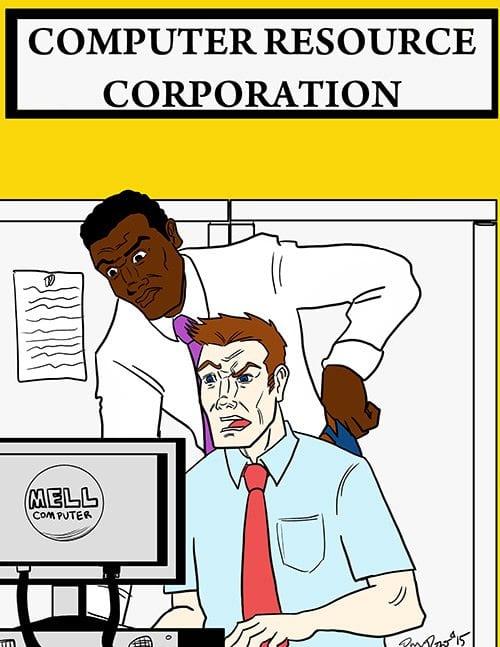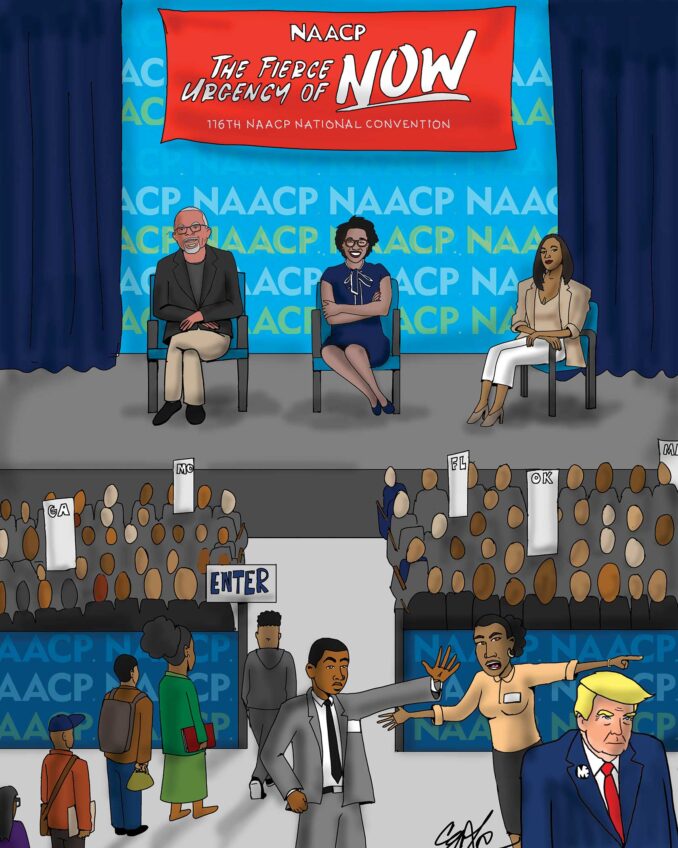
America and its European allies now confront a challenging problem. With growing danger from terrorists, these countries must protect their citizens without infringing on their individual freedoms. There is a common determination that the fear of terror shall not be permitted to mollify the shared concept of human rights. This conflict has already induced Edward Snowden, a former consultant of America’s National Security Agency, to divulge classified information in protest of NSA practices he considers to be a violation of individual rights.
Technological innovations have made intrusive surveillance much easier. Decades ago, well before the invention of the internet, surveillance was far less sophisticated than today. One common practice was the postal cover. A law enforcement officer could arrange for postal authorities to record the return address as well as the date and the place from which the mail sent to the subject was posted. The letter could not be opened or retained by the investigators without a court order.
Civil libertarians objected to the practice back then as a violation of an individual’s rights under the Fourth Amendment of the U.S. Constitution. While the Fourth Amendment does protect individuals against “unreasonable searches and seizures,” the law is specific about where prohibited searches must occur. They must take place either on the citizen’s person or in his or her home. An item in a U.S. post office does not meet that requirement.
Protests that the postal cover violates an individual’s right to privacy were also unsuccessful. Whatever is written on an envelope is no longer private once the mail is dropped off at the post office. The language on the envelope essentially then enters the public square. Since the privacy of smartphones, laptops, tablets and computers is violated in multiple ways as soon as they are turned on, it seems that the same logic that permits postal covers should apply to those devices when privacy is breached.
One of Snowden’s major complaints was that NSA records the date, time and addresses of the emails of those under surveillance. While such a transmission might appear to be private, it is well known that commercial interests record every bit of information from the sender in order to establish a solid marketing profile. And what is worse, this information is sold to others for commercial purposes.
Strangely enough there has been little public outcry against this offensive intrusion. It appears that such searches are quite acceptable when they are conducted for commercial purposes. However, when they are part of an NSA program to uncover dangerous terrorists they are considered to be inappropriate.
Reports about felonious hackers should make people feel very insecure about their computers being controlled by others in a way that harms them financially. Such a large number of fraudulent tax returns have been filed that the IRS has delayed the payment of refunds until further investigation. A group of hackers using malware have just stolen millions from banks around the world. And some new Lenovo computers from China have been found to contain spyware to render them more vulnerable to hackers.
The new technology has substantially influenced a change in society’s concept of privacy. An assessment of these changes should be considered when imposing restrictions on NSA surveillance of American citizens. At the same time, we should be even more concerned with the invasion of privacy for corrupt commercial and financial purposes.






